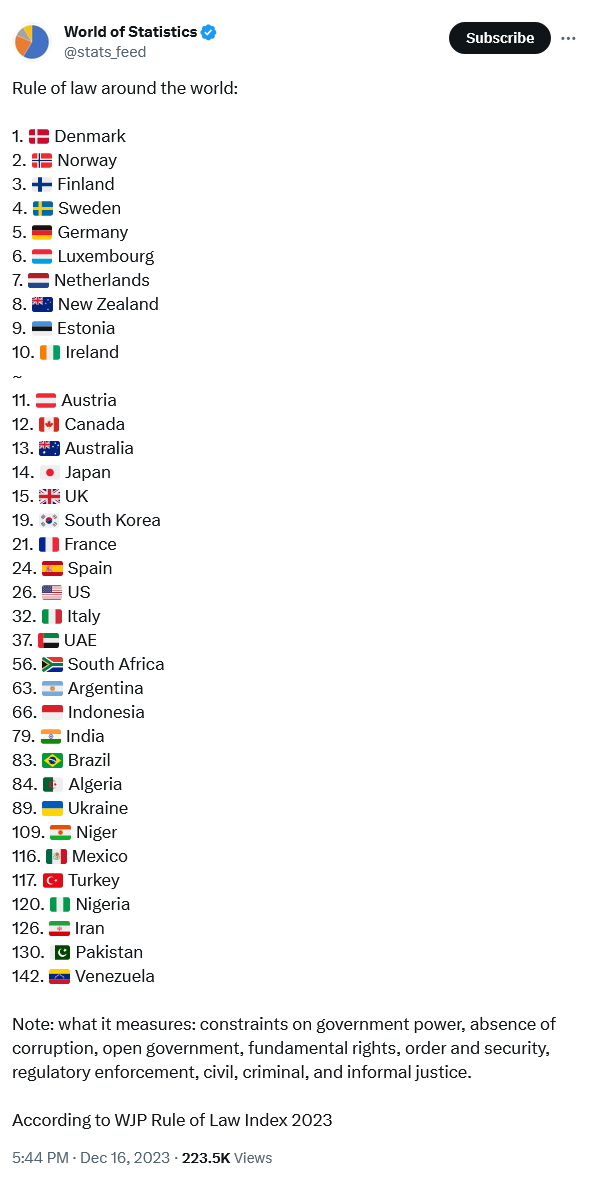Explore the profound insights and diplomatic wisdom of Patras Bukhari in his historic interview, reflecting on the essence of global governance and the role of the United Nations in shaping a harmonious world.
In a pivotal interview with Larry LeSueur, Patras Bukhari, the esteemed Diplomat of Diplomats, delved into the intricate dynamics of global governance and the transformative role of the United Nations. The dialogue not only encapsulated Bukhari's diplomatic acumen but also shed light on the evolving landscape of international relations.
Bukhari's profound reflections resonate with timeless wisdom, as he navigated questions about his satisfaction in serving the 76 nations compared to his role as the chief delegate of Pakistan. He remarked, "Yes, I get as much satisfaction because I think I get at least as much education and I think it's a different kind of education, but it's just to satisfy."
Addressing the nuances of political expression within the UN, Bukhari's insightful response reflected his pragmatic approach, stating, "No, I was never a compulsive talker." His clarity of thought and diplomatic finesse shone through as he discussed the removal of misunderstandings about the UN's role over the years, highlighting the institution's evolution in promoting international morality and justice.
Bukhari's views on the idealistic perception of the UN as a global court versus its pragmatic functions added depth to the discussion. He emphasized the need for realistic expectations, stating, "Gradually, with as political education, especially in the international sphere, increases in the world as it is every day, people have begun to realize that there is nothing irreconcilable between the two."
Delving into the concept of the UN as a world parliament and the challenges of representing diverse systems of government, Bukhari's nuanced insights reflected a balanced perspective on global governance. He remarked, "It is a permanent conference that has an ideal set up in front of it, but the realism of the situations often make it fall short of that ideal."
Bukhari's reflections on the expansion of the UN and its implications on global dynamics showcased his foresight. He noted, "I think not only will the membership increase, but I think, if I may hazard a guess, that the agenda will become heavier and heavier as time goes on."
In conclusion, Patras Bukhari's interview with Larry LeSueur stands as a testament to his intellectual prowess and diplomatic stewardship. His words echo through time, guiding us to envision a world where diplomacy bridges nations and fosters a shared vision of peace and prosperity.
Author Details: Syed Salman Mehdi LinkedIn: linkedin.com/in/multithinker Email: salmanmehdi128@gmail.com











